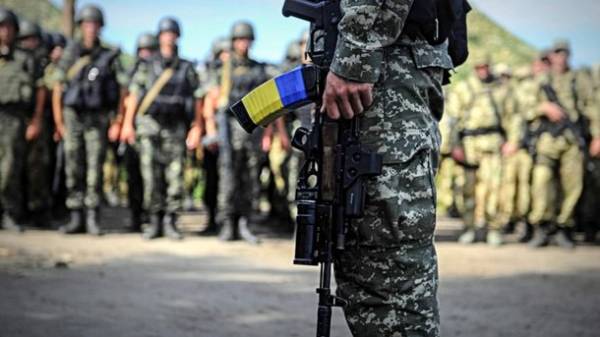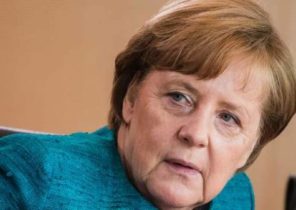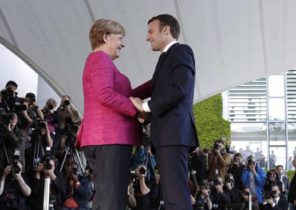
The reform of the Ukrainian army should include changes in approaches to training officers and sergeants. This was told by the commander of the U.S. army in Europe, Lieutenant General Ben Hodges, reports “Censor.NO.”
Hodges said that the US army was in a very poor state after the war in Vietnam, however, by conducting some programs failed to restore its fighting capacity.
“Sometimes it is a bad situation makes you look at yourself differently and make adjustments. So after Vietnam, our army did three things that allowed her to return to the state in which it is now,” – said Lieutenant General.
SEE ALSO
- The U.S. delegation appreciated the reform of the Ukrainian army
According to him, primarily in the United States took over the combat training centers.
“Number one was the attention to regular training and constant maintenance of high level of combat readiness. Only regular exercises and trainings helped to recreate the army,” – said Hodges.
In addition, he noted that it is very important to conduct a critical self-analysis, “which was simply impossible for many years in the Soviet system”. In the United States created and introduced so-called continuous system of analysis and error analysis.
“After each of the exercise everyone who participated, openly discussed under the guidance of the leader all what happened, and above all learn what went wrong, why it went wrong and how to fix it. This simple procedure has helped to change the army, because it forced us to be honest with yourself on all levels,” – said Hodges.
SEE ALSO
- In Ukraine, may soon end cartridges: the military experts have assessed the risks
Lieutenant-General also drew attention to the training of sergeants.
“The Sergeant is not easy to add an icon yourself to the form. We teach sergeants as well as officers,” said Hodges.
According to him, the achievement of NATO standards by 2020, “an important and achievable” goal for the Ministry of defense of Ukraine. Ukrainian units shall be operationally compatible with NATO units, and an important part of this process is the continued development of the NCO corps.
“This (non-commissioned officers – Ed.) the case is very important because when modern military operations it is impossible to centralize all decisions in one place, and then hope that all will perform them – that is the nature of modern warfare,” explained Hodges.
SEE ALSO
- The army is able to cope with the Russian invasion – Poroshenko
The commander of the U.S. army in Europe said that in the conditions of modern war, the communication control circuit is constantly interrupted, and the actions of the army depend on the decisions of Junior commanders.
“This means that you have to give them (Junior officers – Ed.) authority; they should feel that they can make decisions, they must practice self-initiative actions. And, of course, primarily this responsibility lies with the sergeants,” – said Hodges.
“The second point: sergeants is the node of contact between the army and society. Not through the officer corps, and through sergeants, because they are part of the people. And a great way to maintain popularity among the people through sergeants. Probably, every family is familiar with the Sergeant. Not everyone is familiar with the officers, they are few, but all know of at least one Sergeant. And this is a very important part of the interaction and trust between the army and the people”, – said the commander.
SEE ALSO
- Washington Post: “If Ukraine is a testing ground of the Russian Federation, the ultimate goal is all of us”
“If you have serious intentions to build a future for your military, then you need to encourage innovation, initiative, it is necessary that the young officers were ready to take responsibility, because they will fight exactly the same,” concluded Hodges.
We will remind, the Ukrainian defense Ministry wants to prepare a more sergeants – the Ministry announced an additional admission to Universities and military colleges non-commissioned officers.







